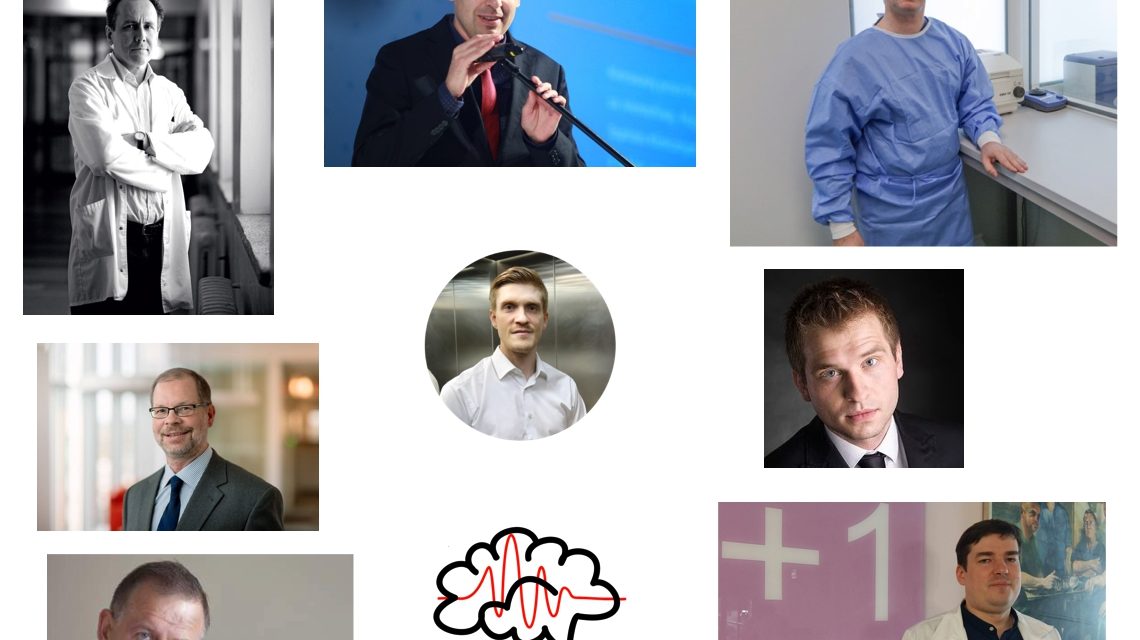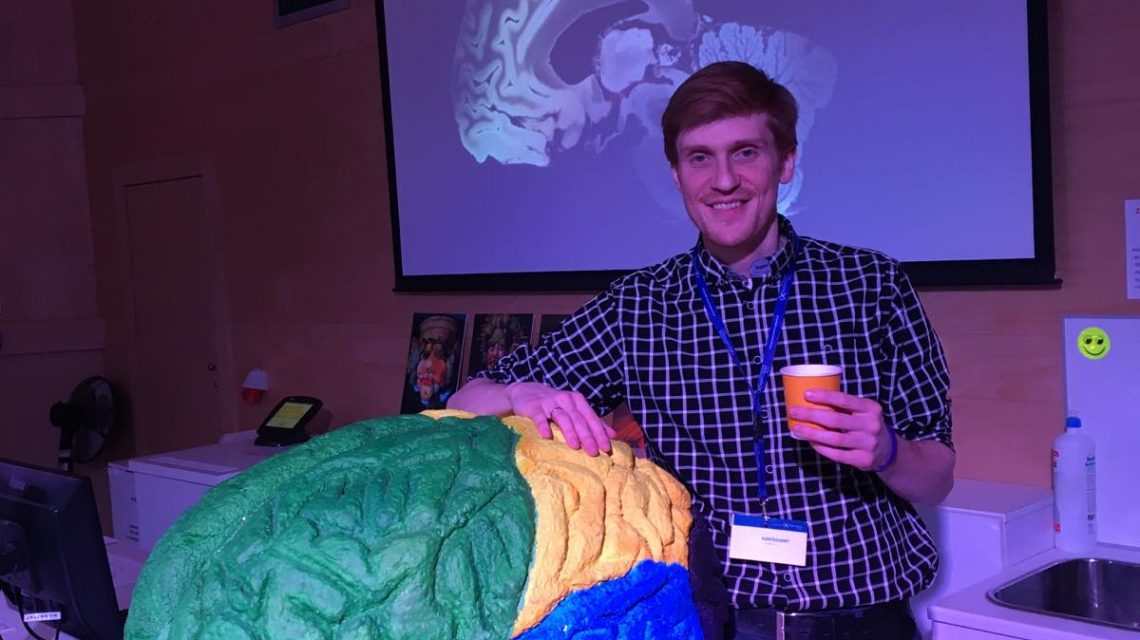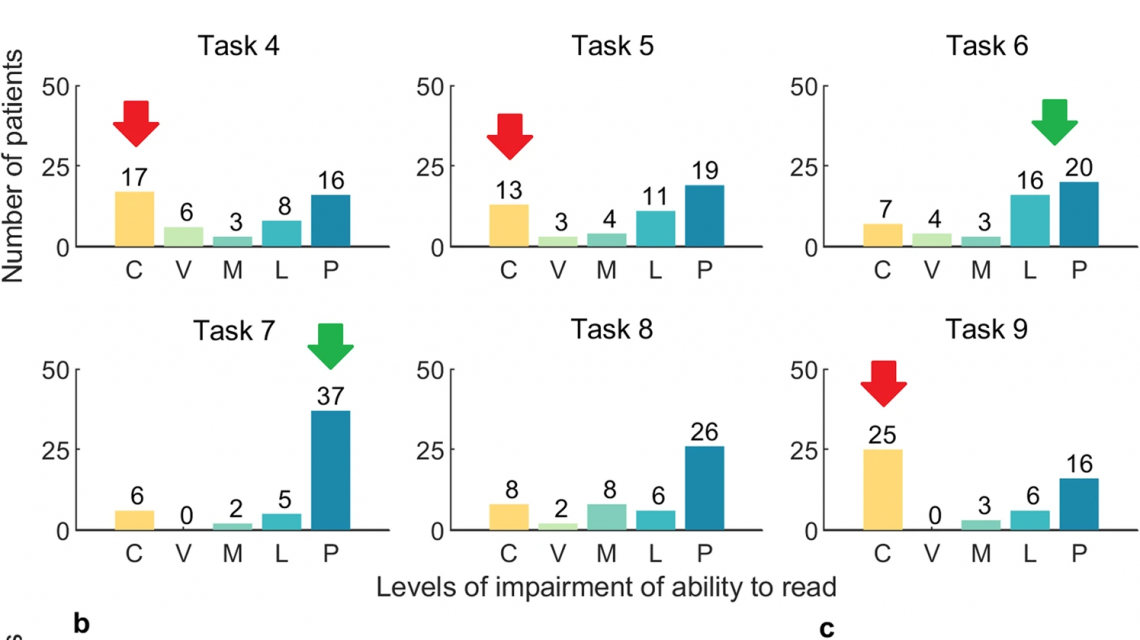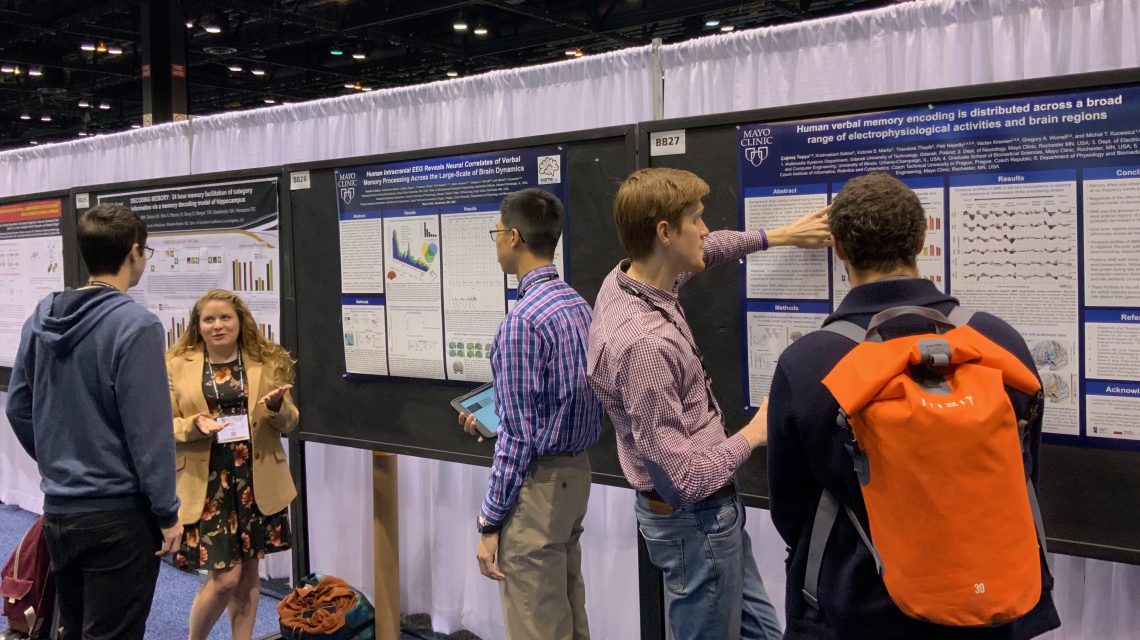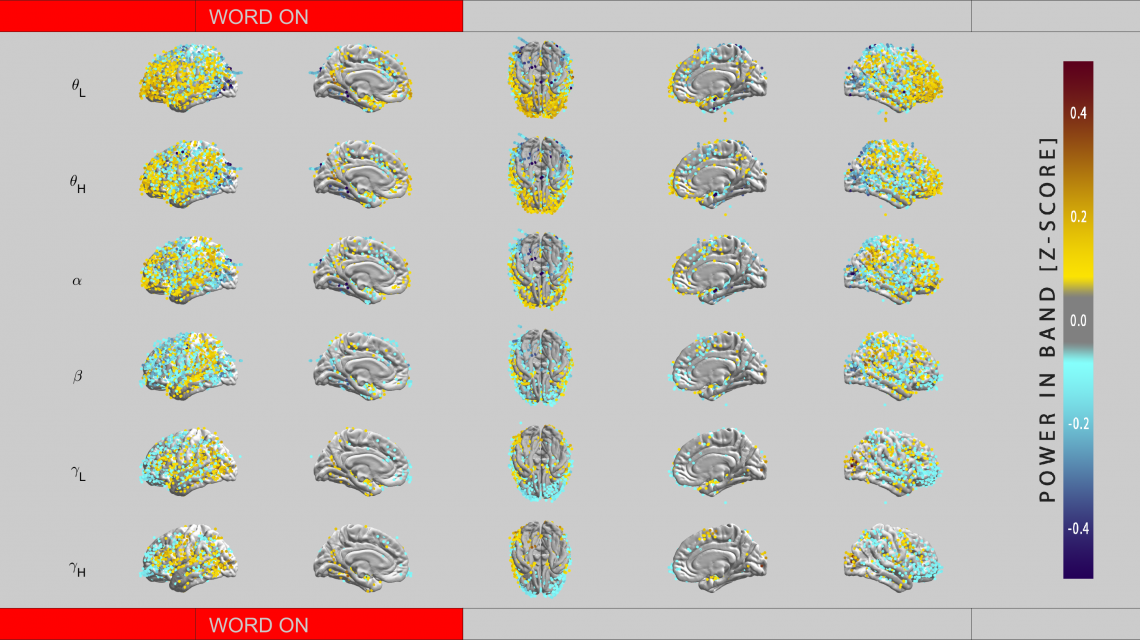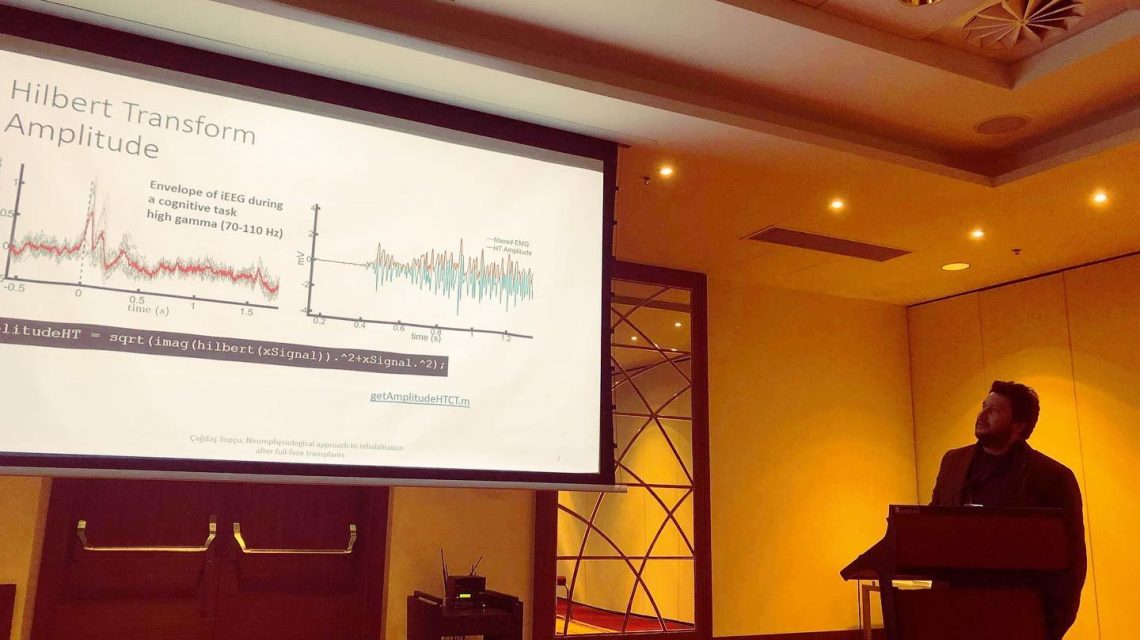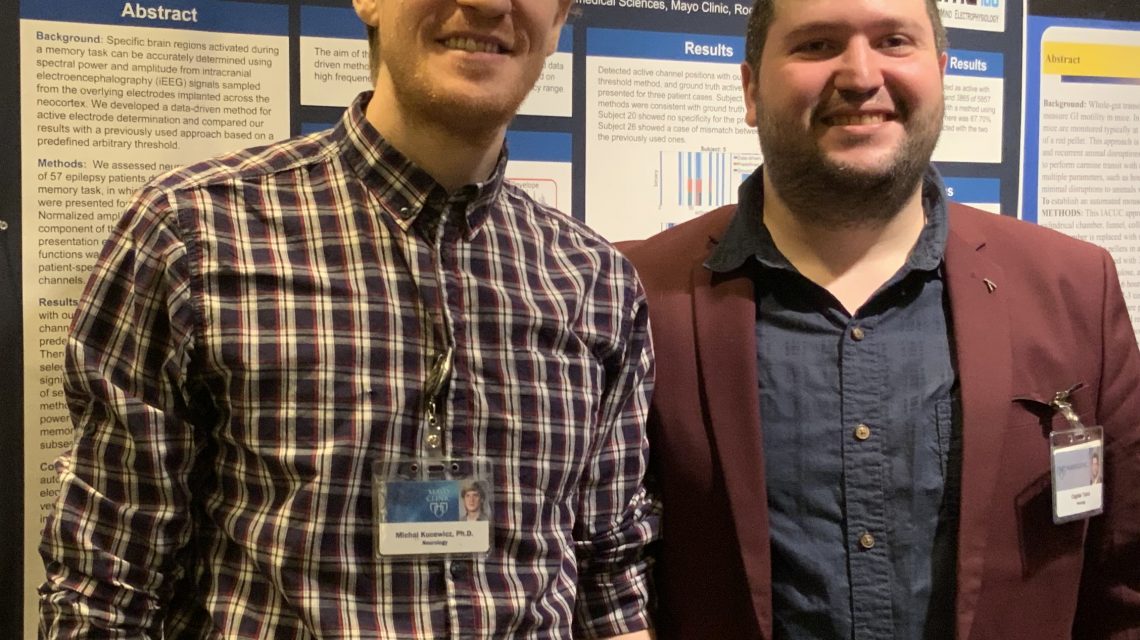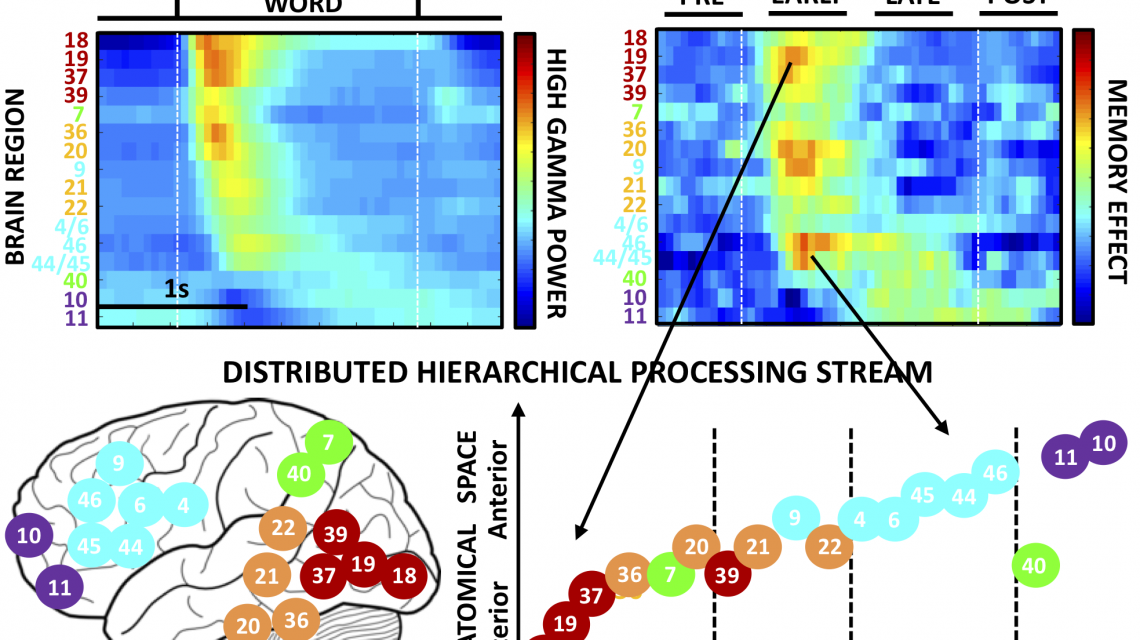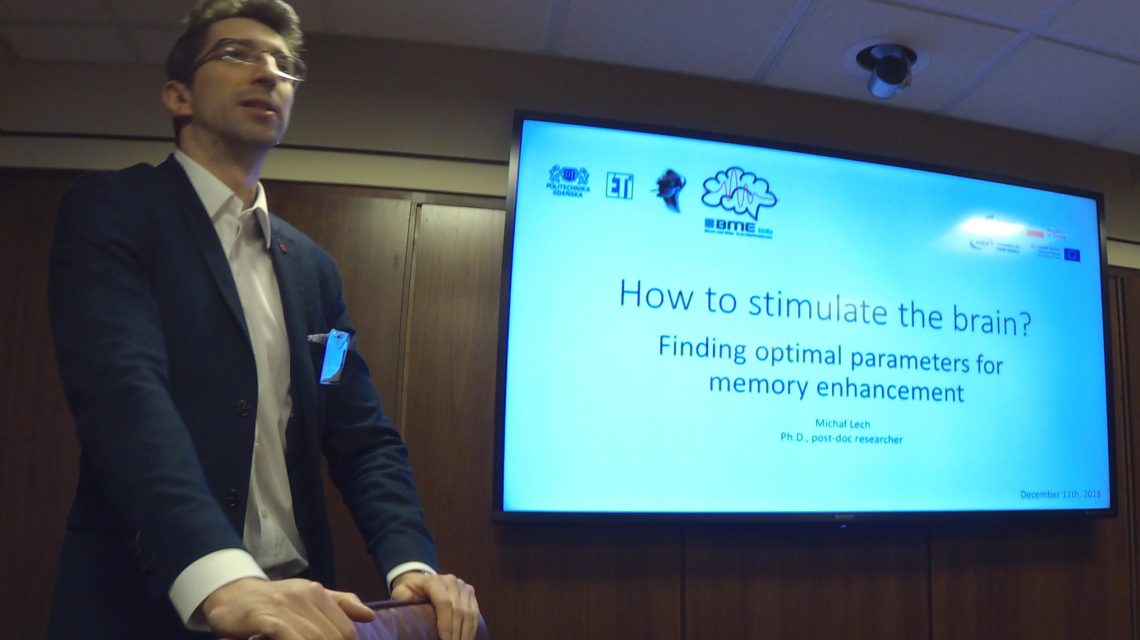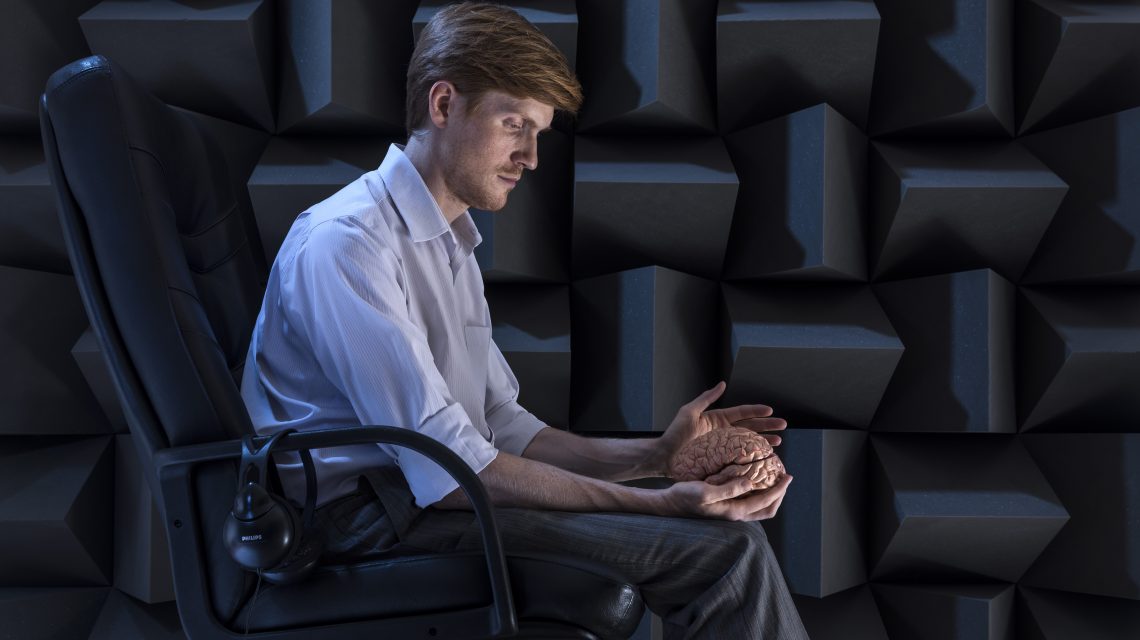Wywieramy kliniczny i badawczy wpływ na polską neuronaukę
Nie spodziewaliśmy się, że nasz projekt „First Team”, finansowany przez Fundację na rzecz Nauki Polskiej, wywrze taki wpływ na badanie i leczenie zaburzeń mózgu w Polsce. W tym miesiącu zaakceptowano nasz wniosek o zakup dodatkowej wysokospecjalistycznej aparatury badawczej do rejestrowania pracy i stymulowania mózgu, po uprzednim uzyskaniu zgody pod względem etycznym na wykorzystywanie jej do celów badawczych i klinicznych w Polsce. Początkowo planowano stosowanie jej w terapii pacjentów cierpiących na chorobę Parkinsona lub na zaburzenia…
Continue reading
